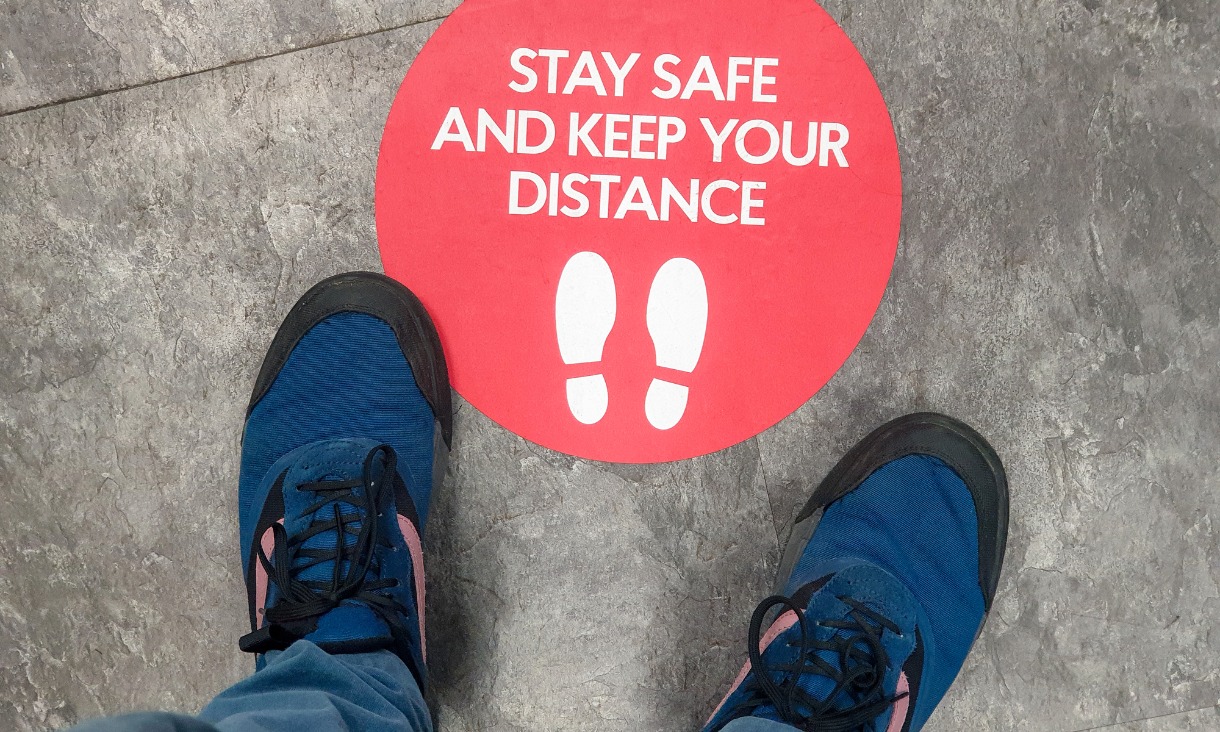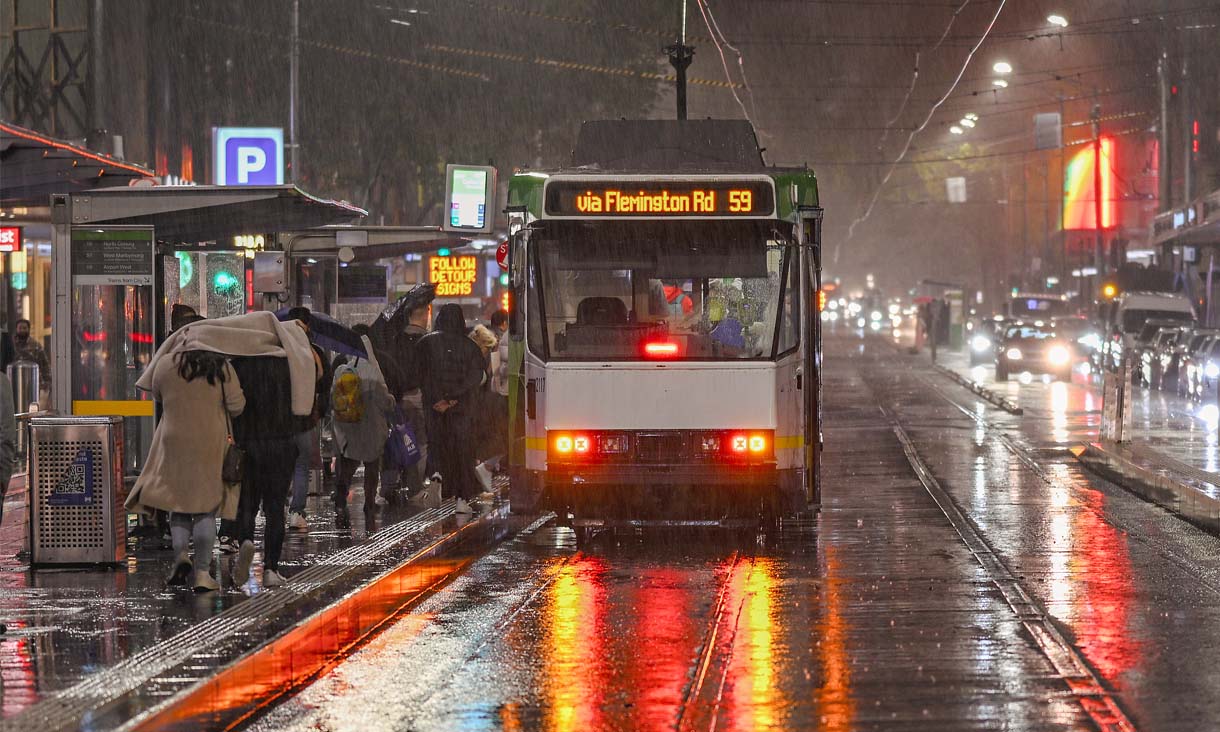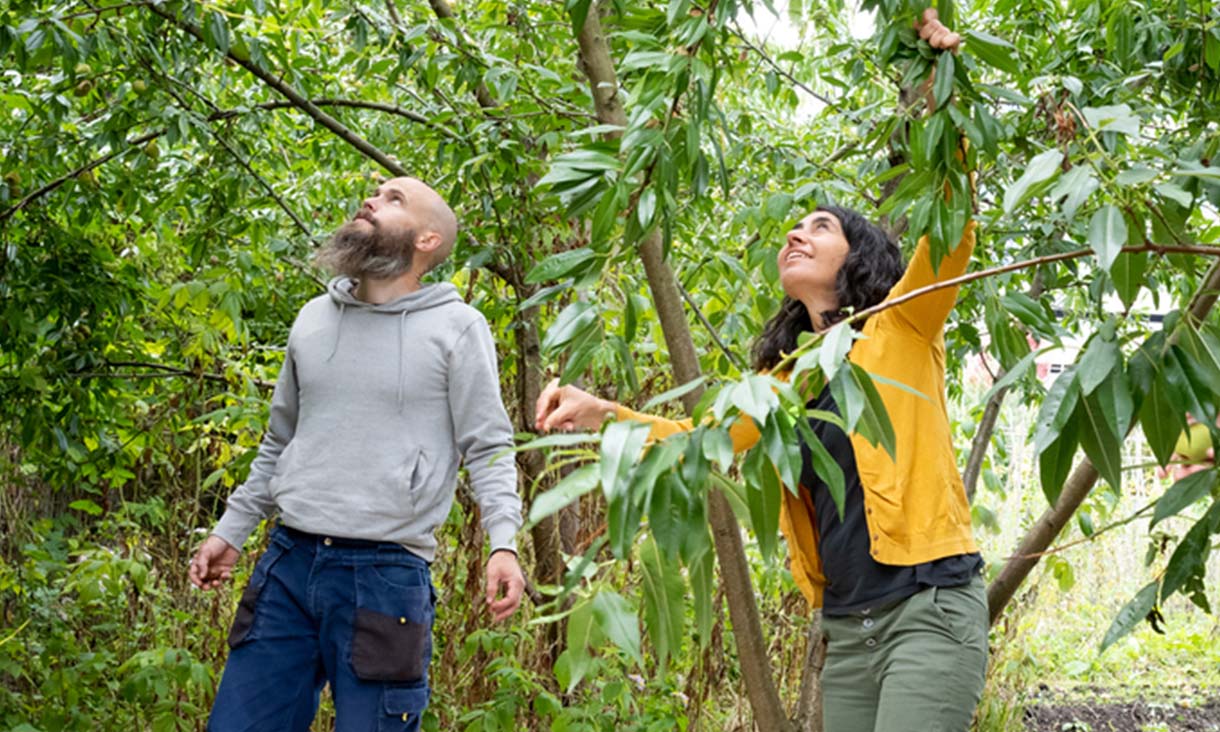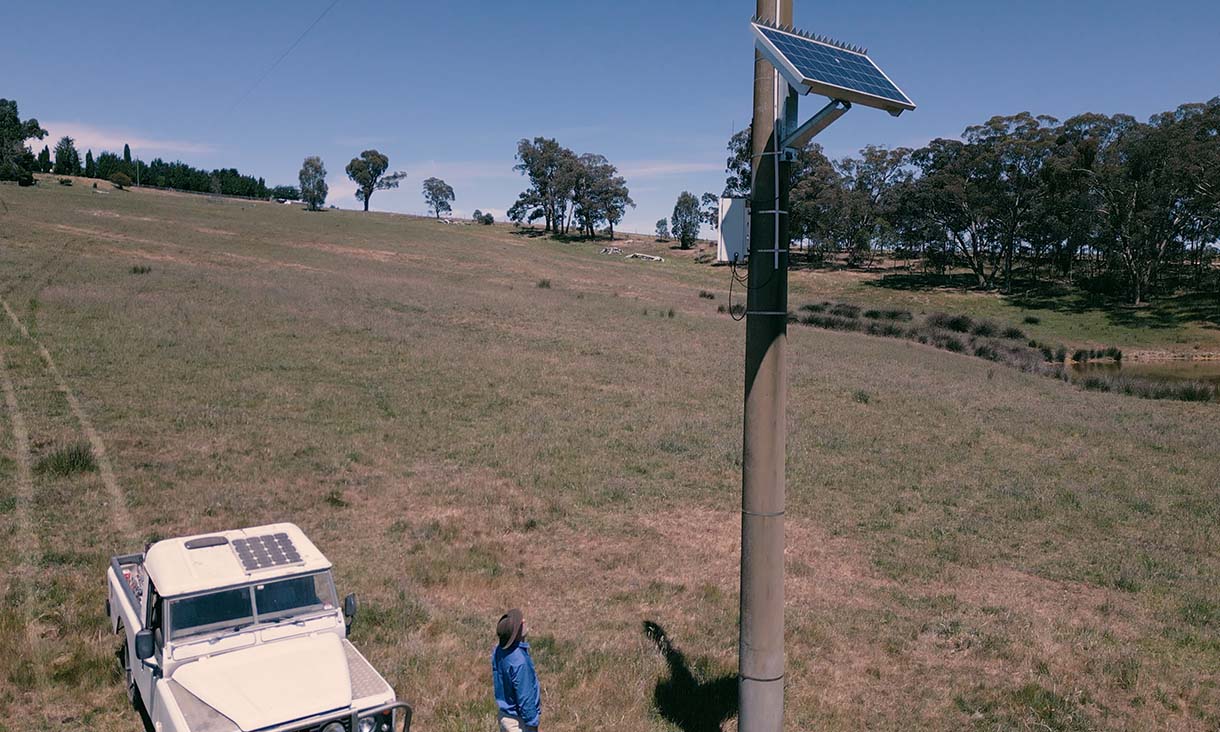Controlling the spread of coronavirus
The return of greater Melbourne and Mitchell Shire to stage three lockdown for six weeks should have been implimented sooner says Associate Professor in the School of Science Taghrid Istivan.
“Restrictions should have been taken earlier to stop the spread of COVID-19 cases, which initially “escaped” the quarantined travellers’ hotels probably in June, after the easing of restrictions across the country,” she says.
“The public housing lockdown was also a necessary action, but it should not be extended beyond the time needed to test all residents of the towers, due to its negative effects on the health and wellbeing of those residents.
In addition to social distancing and the large-scale testing to detect carriers, Istivan says wearing face masks in confined environments should be mandatory.
“Wearing of face masks could help to control the spread of infections, as current research findings are pointing towards the potential of this virus to be carried and transmitted via very small particles in the air and probably in air-conditioning systems,” she says.
Better communication with residents of public housing towers
The return to a six-week lockdown presents a unique challenge that will test our urban and social resilience says Dr Margaret Heffernan OAM from the School of Management.
“Nearly 40% of metropolitan Melbourne residents speak a language other than English at home, with disparate levels of language, media and health literacy.
Many of the outbreaks occured in culturally and linguistically diverse communities, with health authorities failing to communicate effectively with them.
The following hard lock down of Melbourne's public housing towers was another communication low point.
“The abrupt lockdown of habitats of our inner-city populations and allegations that community leaders were not sufficiently consulted to educate their communities has fragmented this resilience, and deepened stigmatisation.
She says governments now have a responsibility to minimise uncertainty in these communities.
“With sanctions of a six-week restriction, the social mindset is ill-prepared for this lengthy prohibition,” she warns.
“Key stakeholders, led by government, now have a crucial role in supporting societal and urban resilience to avoid uncontrollable social and economic dislocation well beyond the impact of COVID-19.”





